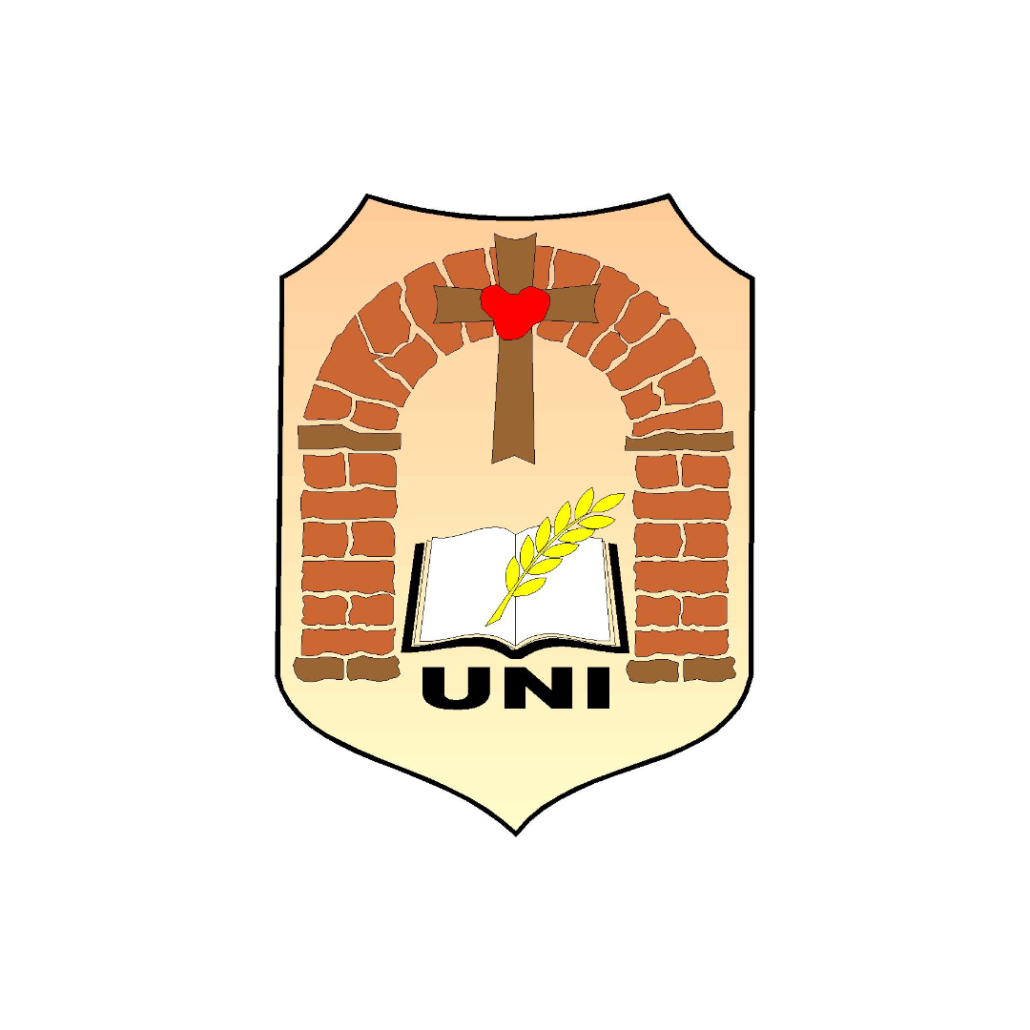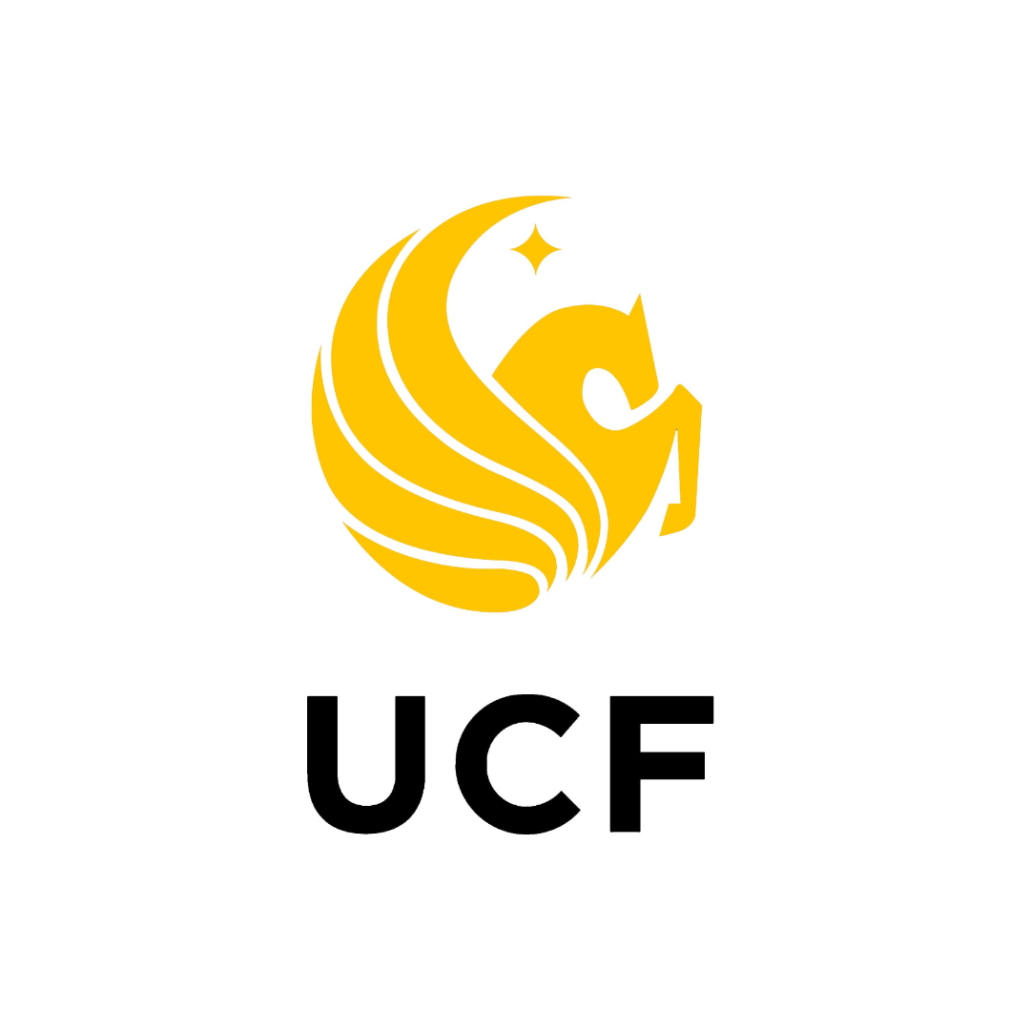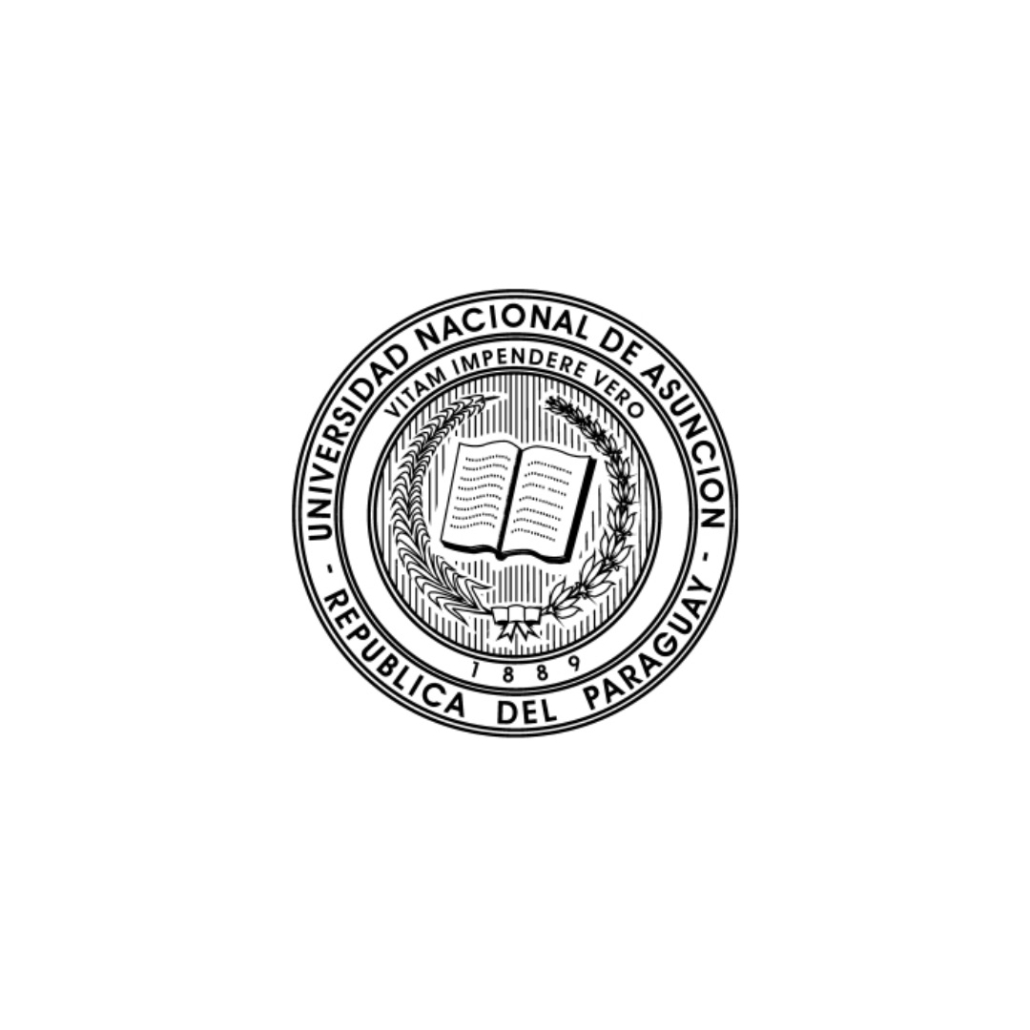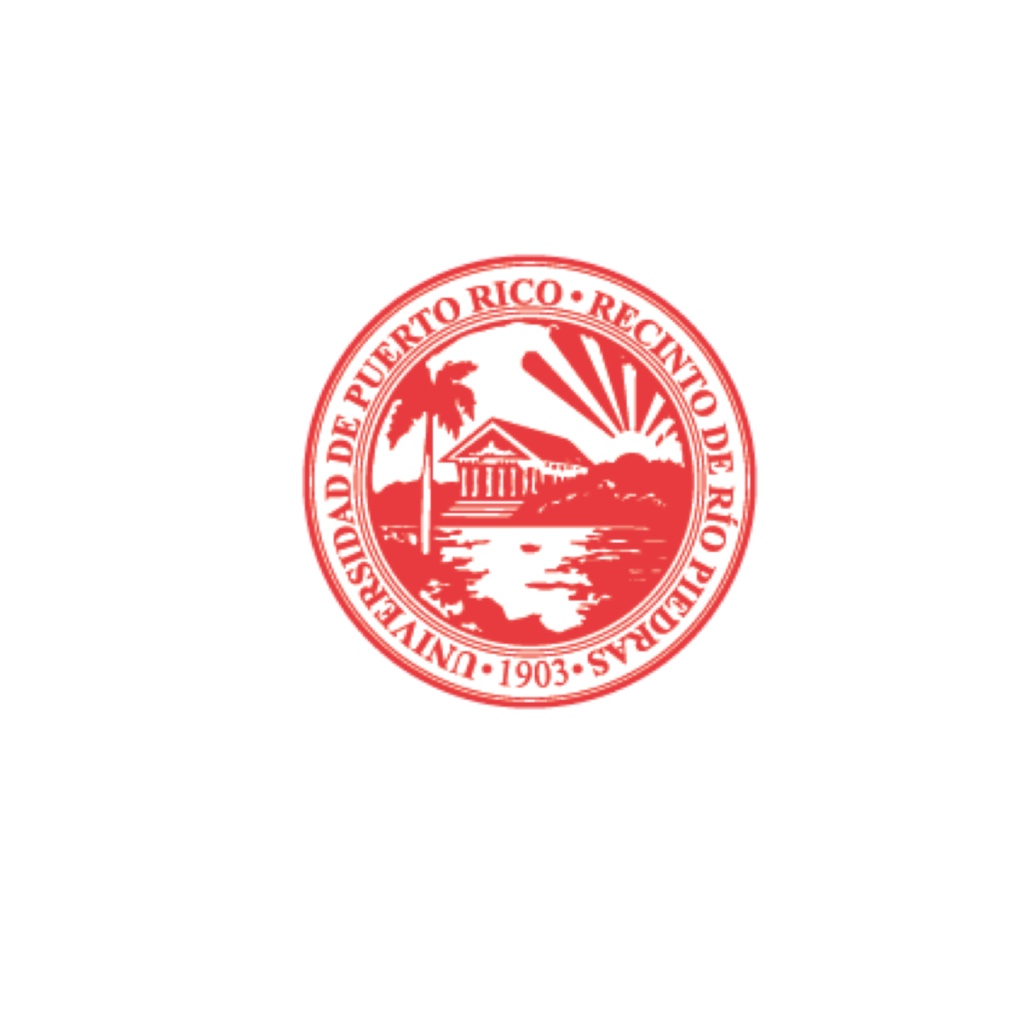La propaganda estadounidense y la ocupación de Filipinas, 1898-1902
DOI:
https://doi.org/10.24310/tsn.17.2024.20056Palabras clave:
Guerra Filipino-estadounidense, Propaganda, Imperio estadounidense, Guerra de 1898, Primera República Filipina, República de MalolosResumen
El presente artículo analiza la propaganda estadounidense que fomentó la americanización de Filipinas tras la guerra del 98. Mediante una revisión de la abundante bibliografía secundaria en torno a este tema, este texto mostrará cómo, tras el fin de la guerra hispano-cubana-filipino-estadounidense, el Gobierno de EUA justificó la ocupación de Filipinas argumentando que la población del archipiélago todavía no había alcanzado la madurez social, cultural y política necesaria para autogobernarse ni para defenderse de una potencia europea con ambiciones territoriales, por lo que los americanos debían tutorizarla y protegerla de una invasión extranjera. Para lograrlo, los medios estadounidenses invisibilizaron la lucha anticolonial filipina previa a 1898 y, además, ridiculizaron las aspiraciones de autonomía de la Primera República Filipina, erigida durante la guerra conjunta contra España.
Descargas
Métricas
Citas
Ablett, P. (2004). Colonialism in Denial: US Propaganda in the Philippine-American War. Social Alternatives, 23(3).
Aboitiz, N. C. (2020). Asian Place, Filipino Nation. A Global Intellectual History of the Philippine Revolution, 1887-1912. Columbia University Press.
Adas, M. (2006). Dominance by Design. Techonological Imperatives and America's Civilizing Mission. The Belknap Press of Harvard University Press.
Agoncillo, T. A. (1956). The Revolt of the Masses: The Story of Bonifacio and the Katipunan. University of the Philippines Press.
Agoncillo, T. A. (1960). Malolos: The Crisis of the Republic. University of the Philippines.
Anderson, B. (2006). Under Three Flags: Anarchism and the Anti-Colonial Imagination. Verso.
Bailon, Rowena Q. (2018). Challenging Imperialism: Soldier's Letters and the Anti-Imperialist Leage. Philippine Social Sciences Review, 70(2), 1-29. https://journals.upd.edu.ph/index.php/pssr/article/view/7865
Bosch, A. (2015). Historia de Estados Unidos, 1776-1945. Crítica.
Brewer, S. (2013). Selling Empire: American Propaganda and War in the Philippines. The Asia-Pacific Journal, 11(40), 1-26. https://apjjf.org/2013/11/40/susan-a-brewer/4002/article
Campomanes, Ó. (2011). Figures of the Unassimilable: American Empire, Filipino American Postcoloniality, and the US-Philippine War of 1898-1910s. Brown University.
Cano, G. (2008). Evidence for the Deliberate Distortion of the Spanish Philippine Colonial Historical Record in the Philippine Islands, 1843-1898. Journal of Southeast Asian Studies, 39, 1-30. https://go.gale.com/ps/i.do?id=GALE%7CA179241683&sid=googleScholar&v=2.1&it=r&linkaccess=abs&issn=00224634&p=AONE&sw=w&userGroupName=anon%7E34445c73&aty=open-web-entry
Castellanos, A. (1998). Filipinas, de la insurrección a la intervención de EE. UU. Sílex.
Corpuz, O. D. (1999). Saga and Triumph: The Filipino Revolution against Spain. Philippine Centennial Commission y National Commission for Culture and the Arts.
Corpuz, O. D. (2007). The Roots of the Filipino Nation V. II. University of the Philippines Press.
Cullinane, M. P. (2012). Liberty and American Anti-Imperialism: 1898-1909. Palgrave Macmillan US.
Delgado, J. M. & Elizalde, M. D. (Eds.) (2011). Filipinas, un país entre dos imperios. Edicions Bellaterra.
Deocampo, Nick. (2002). Imperialist Fictions: The Filipino in the Imperialist Imaginary. En Luis H. Francia & Shaw Velasco (Eds.). Vestiges of War: The Philippine-American War and the Aftermath of an Imperial Dream 1899-1999 (pp. 225-235). New York University Press.
Einolf, C. (2014). America in the Philippines, 1899-1902. The First Torture Scandal. Palgrave Macmillan US.
Elizalde, M. D. (1997). De nación a imperio: La expansión de los Estados Unidos por el Pacífico durante la guerra hispano-norteamericana de 1898. Hispania, LVII(196), 551-588. http://hdl.handle.net/10261/17823
Elizalde, M. D. (1998). Filipinas, fin de siglo: imágenes y realidad. Revista de Indias, LVIII(213), 308-339. https://revistadeindias.revistas.csic.es/index.php/revistadeindias/article/view/753
Elizalde, M. D. (2002). La administración colonial de Filipinas en el último tercio del XIX. En María Dolores Elizalde (Ed.). Las relaciones entre España y Filipinas. Siglos XVI-XX (pp. 123-141). Consejo Superior de Investigaciones Científicas.
Elizalde, M. D. (2021). The Philippines in the Context of the Nineteenth-Century Spanish Empire. En Elisa Martí-López (Ed.). The Routledge Hispanic Studies Companion to Nineteenth-Century Spain (pp. 16-121). Routledge.
Elizalde, M. D., & Huetz de Lemps, X. (2015). Un singular modelo colonizador: El papel de las órdenes religiosas en la administración española de Filipinas, siglos XVI al XIX. Illes i Imperis, 17, 185-220. https://raco.cat/index.php/IllesImperis/article/view/299480
Fernández de Miguel, Daniel (2023). El enemigo de la Splendid Little War. En Lorenzo Delgado Gómez-Escalonilla (Ed.). Somehow Different. España vista desde Estados Unidos (pp. 19-46). Catarata.
Foner, P., & Winchester, R. C. (Eds.) (1984). The Anti-Imperialist Reader: A Documentary History of Anti-Imperialism in the United States. Holmes and Meier.
Fradera, J. M. (2005). Colonias para después de un imperio. Edicions Bellaterra.
Fradera, J. M. (2015). La nación imperial: derechos, representación y ciudadanía en los imperios de Gran Bretaña, Francia, España y Estados Unidos (1750-1918). Edhasa.
Fry, J. (1979). Essay Review: William McKinley and the Coming of the Spanish-America War: A Study of the Besmirching and Redemption of an Historial Image. Diplomatic History, 3(1), 77-97. https://www.jstor.org/stable/24909956
Gates, J. M. (1984).War-Related Deaths in the Philippines, 1898-1902. Pacific Historical Review, 53(3), 367-378. https://doi.org/10.2307/3639234
Goldenberg, Bonnie M. (2000). Imperial Culture and National Conscience: The Role of the Press in the United States and Spain during the Crisis of 1898. Bulletin of Hispanic Studies, 77(3), 169-191. https://doi.org/10.1080/00074900050083112
Halili, Servando Jr. (2007). Iconography of the New Empire. Race and Gender Images and the American Colonization of the Philippines. The University of the Philippines Press.
Herring, George C. (2010). Imperial Tutor. William McKinley, the War of 1898, and the New Empire, 1898-1902. En Kenneth Osgood & Andrew K. Frank (Eds.). Selling War in a Media Age. The Presidency and Public Opinion in the American Century (pp. 18-47). University Press of Florida.
Hilderbrand, R. C. (1981). Power and the People. Executive Management of Public Opinion in Foreign Affairs, 1897-1921. The University of North Carolina Press.
Hilfrich, F. (2012). Debating American Exceptionalism: Empire and Democracy in the Wake of the Spanish-American War. Palgrave Macmillan.
Hilton, S. (1994). The Spanish-American War Of 1898: Queries Into The Relationship Between The Press, Public Opinion and Politics. Revista Española de Estudios Norteamericanos (REDEN), 7, 71-87. https://ebuah.uah.es/dspace/handle/10017/4870
Hoganson, K. (1997). Fighting for American Manhood. How Gender Politics Provoked the Spanish-American and Philippine-American Wars. Yale University Press.
Ignacio, A., Cruz, E. de la, Emmanuel, J., & Toribio, H. (2004). The Forbidden Book. The Philippine-American War in Political Cartoons. T’Boli Publishing and Distribution.
Kaplan, A. (2002). The Anarchy of Empire in the Making of US Culture. Harvard University Press.
Kaplan, R. (2003). American Journalism Goes to War, 1898-2001: A Manifesto on Media and Empire. Media History, 9(3), 209-219. https://www.tandfonline.com/doi/abs/10.1080/1368880032000145533
Kramer, P. A. (2006a). The Blood of Government: Race, Empire, the United States & the Philippines. University of North Carolina Press.
Kramer, P. A. (2006b). Race-Making and Colonial Violence in the US Empire: The Philippine-American War as Race War. The Asia-Pacific Journal, 4(6). https://apjjf.org/paul-a-kramer/1745/article
Lasco, Gideon (2020). De estatura regular: Height and Filipino Bodily Representations during the Spanish Colonial Period (1521-1898). Philippine Studies, 68(1), 57-82. https://muse.jhu.edu/article/752536
Linn, B. M. (2000). The Philippine War 1899-1902. University of Kansas.
Love, E. T. L. (2004). Race over Empire: Racism and US: Imperialism, 1865-1900. University of North Carolina Press.
Markowitz, G. E. (1976). American Anti-Imperialism, 1895-1901. Garland Publishing, Inc.
Mas Chao, A. (1998). La guerra olvidada de Filipinas, 1896-1898. Editorial San Martín.
Miller, B. M. (2011). From Liberation to Conquest: The Visual and Popular Cultures of the Spanish-American War of 1898. University of Massachusetts Press.
Miller, S. C. (1982). Benevolent Assimilation. The American Conquest of the Philippines, 1899-1903. Yale University Press.
Muñoz Vidal, A. (1998). Filipinas en la ilustración gráfica de la segunda mitad del siglo XIX en España. Revista Española del Pacífico, VII, 289-304. https://www.cervantesvirtual.com/obra-visor/revista-espanola-del-pacifico--15/html/025727f0-82b2-11df-acc7-002185ce6064.html
Murphy, E. L. (2020). No Middle Ground: Anti-Imperialists and Ethical Witnessing during the Philippine-American War. Lexington Books.
Paterson, T. G. (1996). United States Intervention in Cuba, 1898: Interpretations of the Spanish-American-Cuban-Filipino War. The History Teacher, 29(3), 341-361. https://doi.org/10.2307/494551
Ponder, S. (1998). Managing the Press: Origins of the Media Presidency, 1897-1933. Palgrave Macmillan US.
Reyes, R. A. G. (2008). Love, Passion and Patriotism: Sexuality and the Philippine Propaganda Movement, 1882-1892. National University of Singapore Press.
Richards, T. (1993). The Imperial Archive: Knowledge and the Fantasy of Empire. Verso.
Rodao, Florentino (2018). «The Salvational Currents of Emigration»: Racial Theories and Social Disputes in the Philippines at the End of the Nineteenth Century. Journal of Southeast Asian Studies, 49(3), 426-444. https://doi.org/10.1017/S0022463418000346
Sánchez Gómez, Luis Ángel (1998). «Ellos y nosotros» y «Los indios de Filipinas», artículos de Pablo Feced y Graciano López Jaena (1887). Revista Española del Pacífico, 8, 309-321. https://www.cervantesvirtual.com/obra-visor/revista-espanola-del-pacifico--15/html/025727f0-82b2-11df-acc7-002185ce6064.html
Sánchez Gómez, L. Á. (2003). Un imperio en la vitrina: el colonialismo español en el Pacífico y la Exposición de Filipinas de 1887. Consejo Superior de Investigaciones Científicas.
Schumacher, J. N. (1973). The Propaganda Movement, 1880-1895: The Creators of a Filipino Consciousness, the Makers of Revolution. Solidaridad Publishing House.
Smith, J. (1999). War and Press Freedom. Oxford University Press.
Tan, S. (2002). The Filipino-American War, 1899-1913. University of the Philippines Press.
Thomas, M. C. (2012). Orientalists, Propagandists, and Ilustrados: Filipino Scholarship and the End of Spanish Colonialism. University of Minnesota Press.
Thompson, L. (2010). Imperial Archipelago: Representation and Rule in the Insular Territories under US Dominion after 1898. University of Hawai'i Press.
Vaughan, C. A. (1995). The «Discovery» of the Philippines by the US Press, 1898-1902. The Historian, 57(2), 303-314. https://www.jstor.org/stable/24448979
Vaughan, C. A. (1997). Obfuscating the New Other, Defining a New Self: Popular Discourses on the Colonization of the Philippines. UCLA Berkeley.
Welch Jr, R. E. (1974). American Atrocities in the Philippines: The Indictment and the Response. Pacific Historical Review, 43, 233-253. https://www.jstor.org/stable/3637551
Welch Jr., R. E. (1979). Response to Imperialism. The United States and the Philippine-American War 1899-1902. The University of North Carolina Press.
Publicado
Cómo citar
Número
Sección
Licencia
Derechos de autor 2024 TSN Transatlantic Studies Network

Esta obra está bajo una licencia internacional Creative Commons Atribución-NoComercial-CompartirIgual 4.0.




























